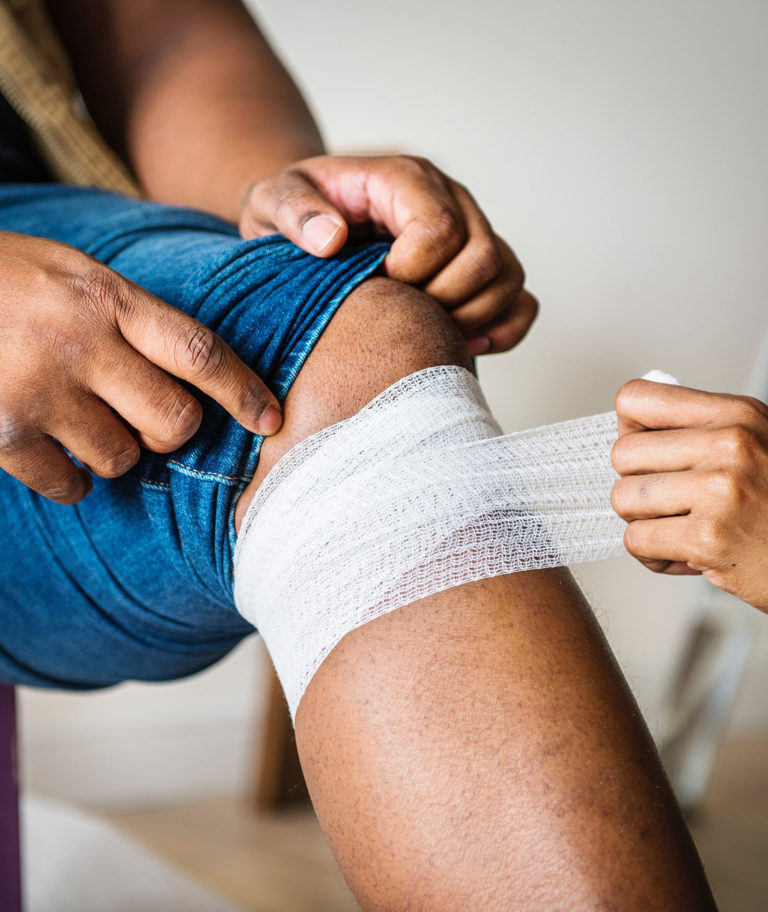Court Discusses Rules for Expert Testimony in Personal Injury Actions

In Florida personal injury cases, it’s often necessary to hire an expert to testify in court about different matters. The United States District Court in Southern Florida recently discussed what is required for expert testimony to be allowed to be presented in court. Since expert testimony is such an important part of proving a personal injury case, it’s crucial that the experts that your attorney hires is allowed to testify during your trial.
Underlying Facts of the Case
The plaintiff in this case was on a cruise operated by the defendant when he fell and broke his ankle while using the onboard ice skating rink. One of the experts that the plaintiff wanted to call would provide testimony about the causes of other skaters falling on the rink, conditions of the skates and ice, and other safety factors such as the presence of a “skate guard.” In addition, the plaintiffs presented the expert testimony of a biomedical engineer who opined about the ankle fracture that the plaintiff suffered.
Admission of Expert Testimony
As this case was heard in the federal court in Florida, the federal rules of evidence govern the admissibility of evidence. Expert testimony is allowed when the specialized knowledge of the expert will assist the trier of fact. However, there are three requirements that must be met in order for the expert to be able to testify. First, the expert needs to be qualified in whatever subject they are testifying on. Second, they must use reliable methodology to come to their conclusions. Finally, they need to be able to assist the trier of fact through the application of their expertise. It is up to the party who is proffering the expert to show by a preponderance of the evidence that the expert will meet these requirements.
Ice Skating Expert
First, the defendants argued that the expert who was going to testify about the safety conditions of the rink and the causes of skaters falling was not qualified to testify on these matters. They also argue that his opinions are not based on reliable methodology and that his opinions are irrelevant to the case. The court found that as the president of an ice skating consulting company he is qualified to testify on most of the matters. However, the court held that he is not qualified to testify about the causes of another unknown skater’s fall. Regarding his methodology, the court also held that his methodology was sound in most of his testimony, with the exception of testimony related to the cause of a gouge in the ice. The testimony was also found to be helpful to the trier of fact. Therefore, the vast majority of the testimony of the ice skating expert was allowed to stand.
Biomedical Engineer Testimony
The defense argued that the biomedical engineer should not be allowed to give her opinions about the plaintiff’s ankle fracture. Once again, the defense argued that the expert was not qualified, her methodology was not sound, and the opinions did not help the trier of fact. However, the court disagreed and allowed her testimony about the injury to stand.
Contact an Experienced South Florida Personal Injury Attorney Today
If you or a loved one has been injured, you should contact a knowledgeable South Florida personal injury attorney as soon as possible. The personal injury attorneys at Donaldson & Weston will help you to present your case persuasively. Call them at 772-266-555 or 561-299-3999 or use the contact form on this website to schedule your free consultation today.
See Related Posts:
Injured Florida Woman Denied Workers’ Compensation After Positive Drug Test
Florida Supreme Court Decides When Damages Must be Used to Pay Back Medicaid
